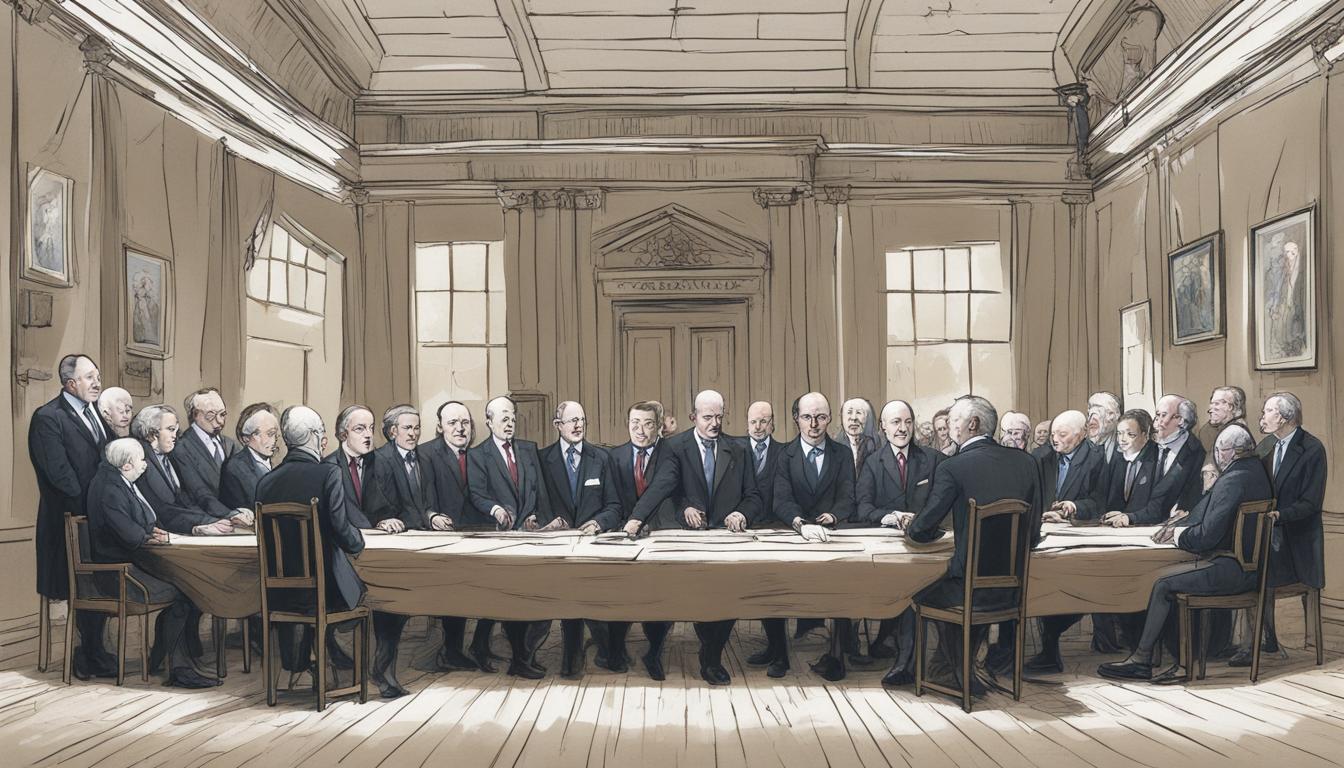John Swinney, the new First Minister of Scotland, has reorganized his ministerial team, focusing on economic strengthening and public services while de-emphasizing direct independence discussions.
John Swinney, who recently took over as the First Minister of Scotland and the leader of the Scottish National Party (SNP), has initiated a significant reshuffle of his ministerial team. Notably, Swinney has eliminated the specifically designated minister for independence role, a position previously held by Jamie Hepburn, who will now serve as minister for parliamentary business. This reshuffle reflects Swinney’s strategy to shift the focus from direct conversations about independence towards strengthening the Scottish economy and improving public services as a basis for making the case for independence.
Moreover, in a gesture aimed to address internal party concerns and potential criticisms from coalition partners, notably the Scottish Greens, Swinney appointed Kate Forbes as the Deputy First Minister. Forbes, known for her conservative views on social issues, has been a controversial figure within the SNP, leading to reservations from the Scottish Greens about her positions on LGBTQ+ rights and other social policies.
As First Minister, Swinney has prioritized economic issues and public services, emphasizing his approach to governance in his communications, including his first call with UK Prime Minister Rishi Sunak. During this call, Swinney advocated for changes to welfare policies affecting children and confirmed his intent to tackle child poverty aggressively. He also pressed for policy shifts to alleviate the ongoing cost-of-living crisis affecting many in Scotland.
Swinney’s cabinet, consisting of 11 secretaries and 14 ministers, indicates a maintained emphasis on a range of critical areas including business, education, climate action, and healthcare. This reorganization comes amid broader discussions of the relationship between the Scottish government and Westminster, with former Scottish First Ministers Henry McLeish and Lord McConnell advocating for improved communication and clearer governance rules to enhance the effectiveness of devolution.
This restructuring and strategic refocusing in Swinney’s administration occur alongside ongoing debates and potential tensions regarding Scotland’s future, the role of independence in political discourse, and the management of key social and economic challenges.













